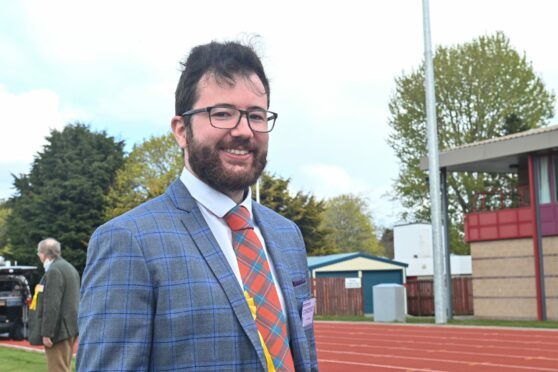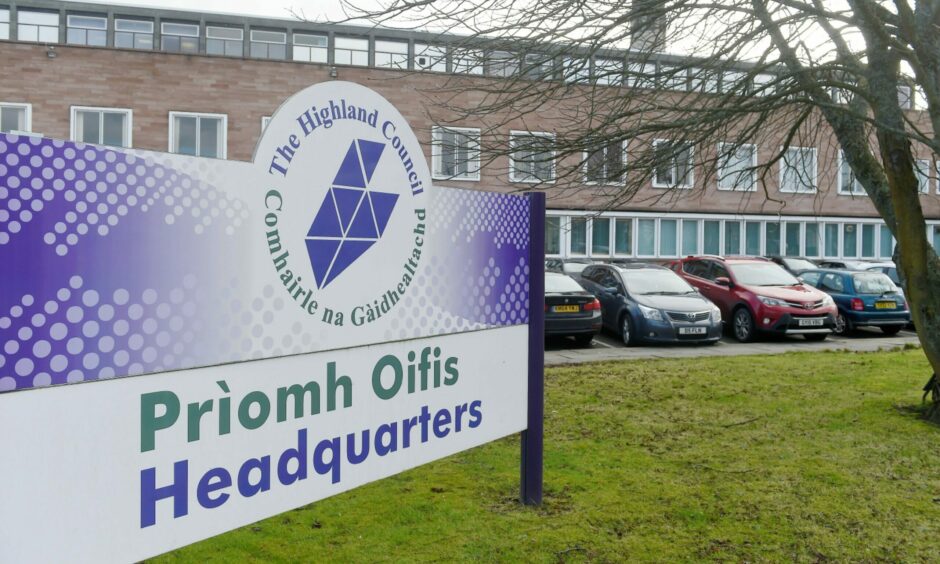A trainee doctor and Inverness councillor says some families in his ward are spending thousands and waiting years just to secure an ADHD diagnosis.
Councillor David Gregg brought the matter to the attention of the full Highland Council at its meeting yesterday.
Speaking to the P&J today, he said he was contacted by local families whose children aren’t able to go to school.
In a written question to council leader Raymond Bremner, Mr Gregg said:
“I have been contacted by local residents who have been waiting four years for ADHD and other neurodiversity assessments, and are now paying four figures for private assessments.
“Can the council provide the current number of children waiting for ADHD assessments and the average waiting time for assessment, by geographical area across the council?”
Long wait times for ADHD diagnosis
However, the council’s answer fell flat for Mr Gregg.
Highland Council effectively batted the issue back to NHS Highland, saying that neurodiversity is a health matter.
The council said it’s “aware of the long waits” but doesn’t have any specific figures. They said this is partly because GPs can make the referrals and do not need to inform the council they have done so.
But as a trainee doctor himself, Mr Gregg doesn’t plan to let the matter go.
“I’ve been at the other end of the table when I was working in a GP practice,” he says. “You get people coming in saying ‘I think my kid’s got ADHD’ but GPs aren’t the ones who diagnose this. They refer it on through schools to NHS Highland.
“So the council’s got a big role to play.”
Council agrees to NHS workshop on diagnosis delays
For the Inverness families contacting Mr Gregg, the wait for ADHD diagnosis is clearly affecting their child’s education.
Earlier this year, the P&J launched a special investigative series revealing the battle that families face to get the right support for neurodiverse children.
“Part of the reason I asked the question was to get a handle on how systemic the issue is,” says Mr Gregg.
“I had residents contact me saying they’re really struggling to get their children the education they need, and the bit that’s holding them back is having a formal diagnosis. As a result, they’re not going to school.
“So it was a little disappointing not to get any answers on that yesterday.”
What he did get, though, was agreement from the council leader to delve a bit deeper. Mr Bremner agreed to Mr Gregg’s proposal to hold a workshop between council and NHS representatives.
Mr Gregg hopes this will shed some light on the issue and hopefully help move cases forward.
“This is something that’s affecting children’s education, so we can’t just wash our hands of it,” he says.
More from the Schools & Family team
North-east school claims top prize in energy transition challenge
Teacher strike update: Here’s what you need to know for this week and beyond



Conversation